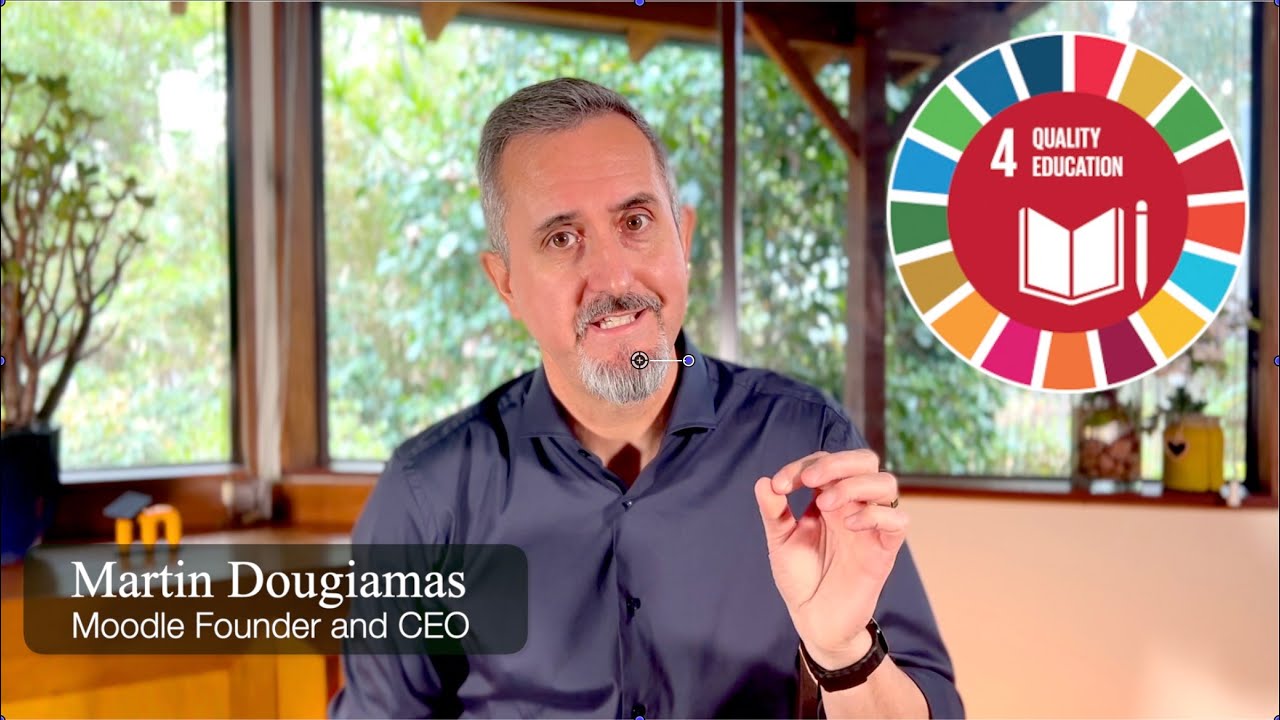This draft paper ought to be of interest and ripe for discussion here, especially in light of recent conversations about OER Repositories and a reply by @clintlalonde to the Fediverse discussion.
The Open EdTech project has announced a paper on:
an initial vision for a complete, global system of education technology to support quality education (for humans and AI) in every sector.
The Launch Paper is available as a comment enabled Google document at https://openedtech.net/launch.
The Launch Paper’s author @moodler is here in OEG Connect and ideally would participate or share what the group hopes to do next with this work. We can hope.
We’d likely find agreements with the desired qualities to maximize and the undesired qualities to minimize:
Maximize:
- Accuracy
- Scalability
- Inclusivity
- Human-centered
- Efficiency
- Trust
- Enjoyability
- Free for life for teachers
- Free for life for students
- Separation of services from software
- Safe from organisational collapse
- Simplicity
Minimize:
- Costs and Maintenance
- Fragmentation of people/software/experience
- Control by centralised power
Are there more?
And what do you think of the sectionson six major components of Open EdTech?
- Artificial Intelligence - supporting every aspect
- Federated Cloud - safe free hosting of data and apps
- OER repositories - reliable storage and curation of OER
- Learner dashboard - a space for lifelong learning
- Classroom - a space for lifelong teaching
- Organisation tools - supporting org development
Comment here, comment in the doc, join discussions in their chat channel – it matters not where but that you engage.
